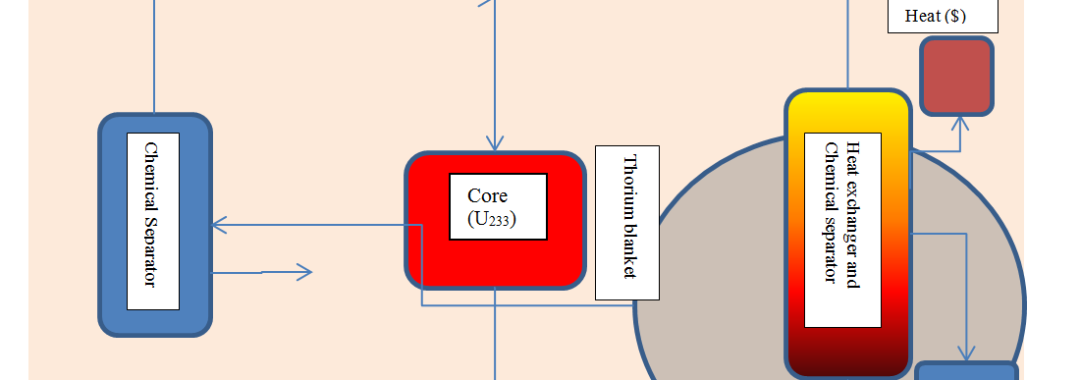Providing water to a large population of urban customers, with plenty available for irrigation of parks and gardens, is not possible without a large and reliable source of inexpensive energy. The current trends in the U.S. are for elimination of coal and oil power plants, heavy reliance on natural gas, and decommissioning of the existing fleet of nuclear power plants. Nuclear plants currently supply approximately 20% of the 1000 GW of power generation capacity in the country. If they are taken out of production then we will have to rely on natural gas plants plus whatever energy that can be generated with wind and solar.
The existing fleet of nuclear reactors generate approximately 1.5 x 10^12 KWh of energy per year. (200 x 10^6 kwh x 24 x 365 x 0.85). Each KWh of energy from natural gas releases 1.2 lbs of CO2 to the atmosphere. This means that in order to replace the energy produced by the existing nuclear power stations would add another 893 million tons of CO2 to the atmosphere per year. This will contribute to the continued warming and destruction of the oceans through acidification, and will disrupt water supply systems throughout the planet.
Replacing this amount of energy production with wind and solar is not practical from a land use, environmental or economical perspective. So if the existing fleet of nuclear plants is dismantled then we will either have to live with a less reliable energy supply system or tolerate increased pollution of the air.
Advanced nuclear reactors that use liquid fuel and operate high temperatures are being developed. These can generate a continuous stream of electrical energy in a reliable and safe manner. These reactors were first developed in the period between the end of WW2 and 1984, when work on development was ended during the Clinton administration. Water engineers and all water specialists should recognize the tremendous advantages of this technology for water purification, and transmission, and should be actively studying these technologies and advocating an impartial and dispassionate study of how they might be implemented. This will create a “pull” from the market that is critical as a motivation for the work required to re-develop a promising technology.
If we do not pick up where the work left off then we will be in an impossible position. Many options for reuse and recycling of water, or transmitting it by pipeline to where it is needed will be closed off, and our water system will have to rely on gravity, rainfall, and an increasingly expensive and unreliable energy supply. If, however, we master our fears of nuclear power, through better education, and informed discussions in the public venue, we can have a secure and abundant supply of high quality water (and power) into the foreseeable future. Water engineers and planners need to understand this, and add their voices to the discussion.

